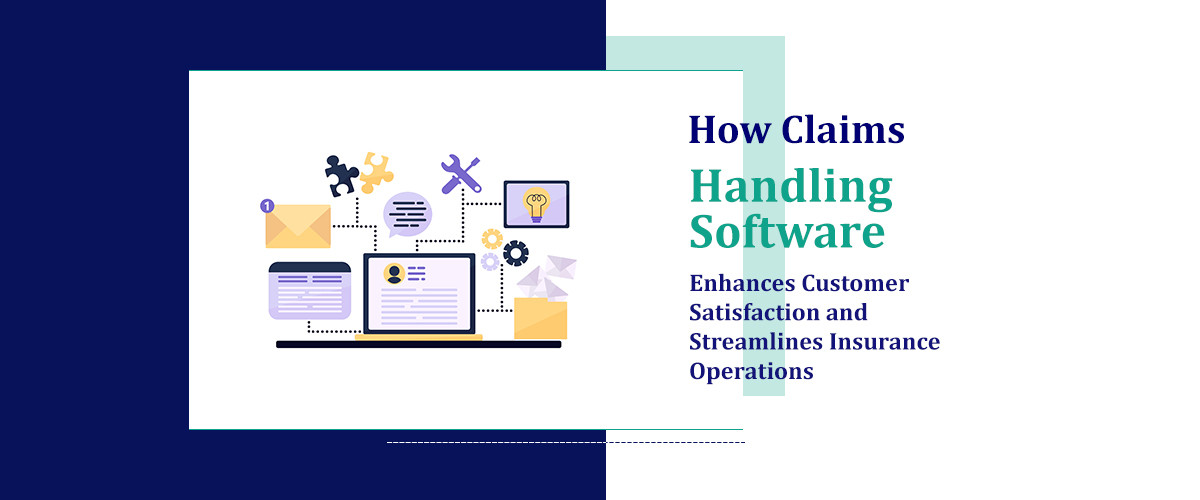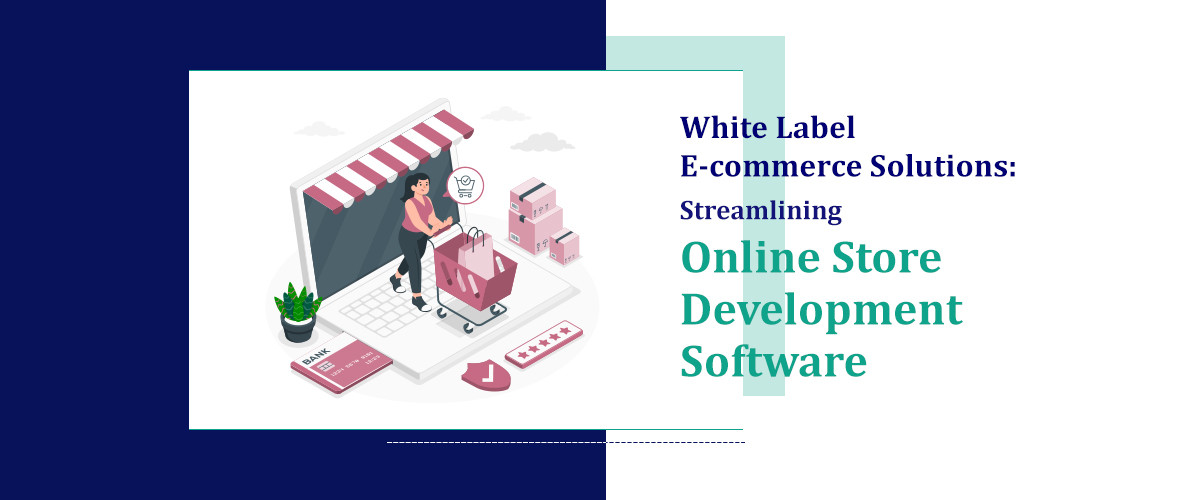What we'll cover
Expansion in the insurance business has recently reached a whole new dimension. However, with the growing popularity of insurance comes the ever-increasing pile of insurance claims. Different kinds of issues and concerns might arise in managing and processing insurance claims. Given the immense scale of the current insurance business, it is also not possible to address every aspect with a manual managerial workforce. To streamline operations and ensure that business is free of bottlenecks, a methodical, organized avenue of claims management has become mandatory. This is the reason why more and more insurance companies these days are adopting efficient, integrated claims-handling software and streamlining the entire managerial process for insurance claims.
Powered by Artificial Intelligence and supported by a robust Machine Learning system, this software can methodically assess claims, ensuring prompt and rapid response to policyholders. The organized and efficient framework of claims management software helps to enhance customer satisfaction while also allowing insurers to professionally adapt to the evolving demands of the insurance market.
Advantages of adopting claims management software
A complex network of logistical bottlenecks operates within the sphere of insurance claims processing. The chain of deployment, response, and action might grow tediously long when it comes to achieving precision and efficient processing of claims. With the help of automated, integrated software, these bottlenecks can easily be negotiated, leading to faster response and enhanced customer experience. An integrated claim handling software provides insurance companies with the following advantages –
-
Enhanced efficiency– Claims management software streamlines the entire journey of insurance claims, right from the reporting of losses incurred to the settlement of such claims. Advanced software for insurance claims processing is designed to achieve greater speed and efficiency in the process of claims settlement. Manual actions of claims processing can thus be automated, enabling customer service providers to track the status of claims with just a few clicks. This leads to much faster solutions provided to policyholders.
-
Greater accuracy– In a claims processing mechanism dependent upon manual operations, it becomes difficult to eliminate the huge potential for errors. Advanced algorithms and automated interfaces built into integrated claims management software help a lot to reduce the margin of error. Consequently, policyholders can expect utmost fairness and precision in the settlement of claims owing to the increased accuracy in claims assessment.
-
Reduced costs– An efficient and robust claims management system comes with automated claims handling platforms that help to automate most workflows and repetitive tasks. This helps to cut down the additional operation costs involved in the claims processing sector. This helps to achieve an optimum level of resource allocation by saving costs as well as allowing professionals to focus more on the complex aspects of claims management.
-
Enhanced customer experience– Today’s commercial world is continually evolving and getting redefined in terms of technological innovations. The insurance industry is not immune to the intensely swelling technological wave. Along with the automation and integration achieved through claims management software, customers’ expectations have increased in terms of flexibility, efficiency, convenience, and speed. The robust and responsive cutting-edge framework of automated claims management platforms helps to elevate the satisfaction of customers, driving greater retention with quick evaluation and resolutions.
Streamlining insurance claims lifecycle with claims handling platforms
It has already been noted how adopting an integrated, automated claims management software can effectively contribute to the faster settlement of claims, driving more positive customer experiences and reducing extra operational costs. Let us find out how the entire claims lifecycle is streamlined with the robust mechanism of integrated software for claims management –
-
Routine tasks like data entry, extraction, and document verification can be automated thereby assuring greater accuracy, consistency, and customer focus.
-
AI-powered claims management also helps in quicker and more accurate identification of risks and frauds, thereby avoiding losses.
-
Self-service capabilities can be offered with modern claims management software, providing autonomy to customers and simplifying reporting procedures.
-
Data analytics and predictive assessment help professionals make informed decisions with data-driven insights.
In the fast-paced world of insurance, customer satisfaction and operational efficiency are paramount. One area where these two objectives intersect is claims handling. Efficiently managing claims not only ensures timely reimbursement for policyholders but also impacts overall customer satisfaction and retention rates. This is where claims handling software comes into play, revolutionizing the way insurance companies manage claims and interact with their customers.
1. Improved Communication and Transparency
Claims handling software serves as a centralized platform for communication between insurers, adjusters, and policyholders. By providing real-time updates and notifications, it keeps all parties informed about the status of a claim, reducing uncertainty and frustration. Policyholders appreciate being kept in the loop about the progress of their claims, leading to higher satisfaction levels. Additionally, transparency in the claims process enhances trust and loyalty, crucial factors in customer retention.
2. Faster Processing and Settlement
Manual claims processing can be time-consuming and error-prone. Claims handling software automates many aspects of the process, accelerating the assessment, evaluation, and settlement of claims. By leveraging technologies such as artificial intelligence and machine learning, these platforms can analyze data, detect patterns, and make predictions, allowing for quicker and more accurate claim resolutions. Faster processing translates to faster payouts for policyholders, contributing to overall satisfaction with the insurance provider.
3. Personalized Service and Customization
Every claim is unique, and so are the needs and preferences of policyholders. Claims handling software allows insurers to tailor their services to individual customers, providing personalized support throughout the claims process. From customizable communication preferences to tailored settlement options, these platforms empower insurers to deliver a superior customer experience. By addressing the specific needs of each policyholder, insurance companies can strengthen relationships and build brand loyalty.
4. Data-driven Decision Making
Claims handling software generates valuable data insights that enable insurers to make informed decisions about risk management, fraud detection, and process optimization. By analyzing historical claims data, insurers can identify trends, assess risk factors, and develop strategies to mitigate losses. Predictive analytics can also help anticipate future claim volumes and allocate resources accordingly, ensuring efficient operations. By leveraging data-driven insights, insurers can improve the accuracy and efficiency of claims handling, leading to higher customer satisfaction rates.
5. Streamlined Operations and Cost Reduction
Efficient claims handling is not only beneficial for customer satisfaction but also for the bottom line. By automating manual tasks, reducing processing times, and minimizing errors, claims handling software streamlines operations and reduces administrative costs. Insurers can allocate resources more effectively, focusing on tasks that require human expertise while automating repetitive and time-consuming processes. This efficiency translates into cost savings that can be passed on to policyholders in the form of lower premiums or higher coverage limits, further enhancing customer satisfaction.
Conclusion
In the sphere of claims processing, accuracy and quick-response strategies are essential to achieve a smooth workflow. Insurance companies in the current era are availing of integrated software for claims management. These systems automate routine tasks and employ machine analytics and data-driven insights to help insurers get to faster resolutions. Faster and more accurate claims settlement is thereby made possible. This enhances customer satisfaction, saves recurring costs, and contributes to the overall growth of the insurance industry.




